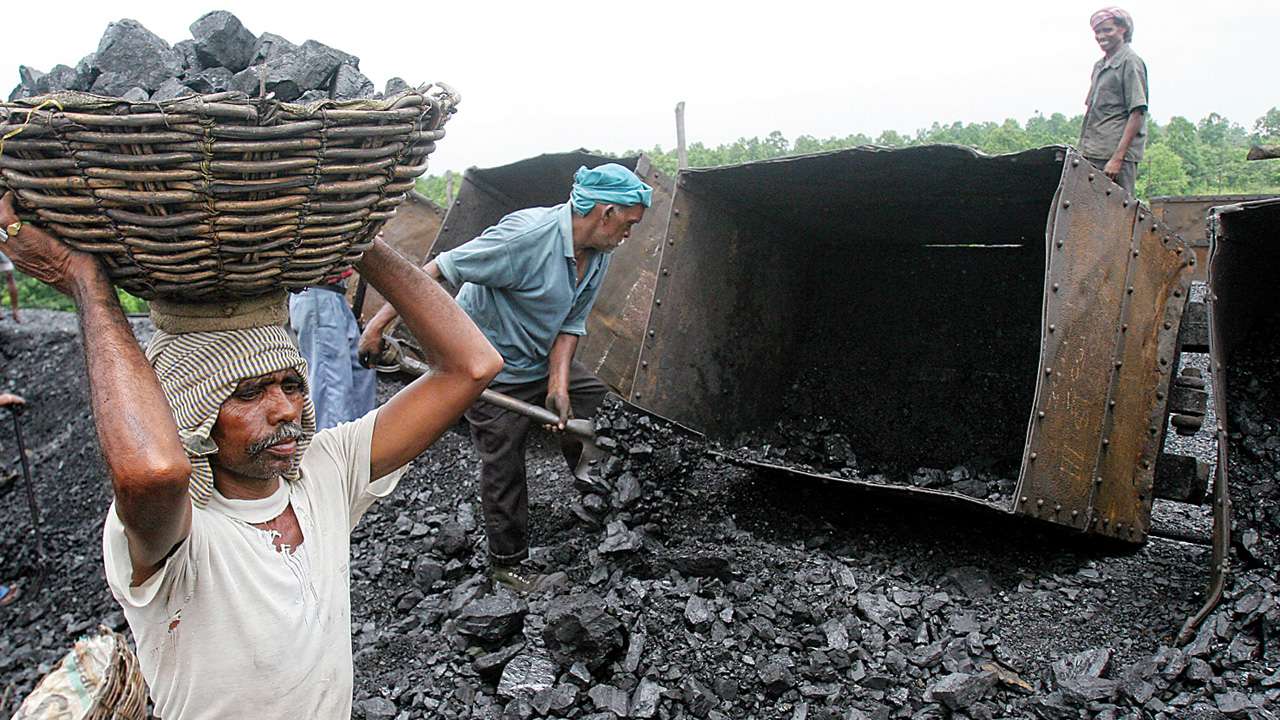
As times have changed, so have health hazards related to occupations; from mining-related asbestosis and silicosis, to musculoskeletal disorders of the service industry and workplace stress.
However, two things have remained constant: efficiency loss related to occupational disorders and its overarching neglect by the system.
Occupational health deals with the physical, mental and social well-being of workers in relation to their work and work environment. Occupational health disorders can be broadly divided into four categories – physical, chemical, biological and psychological.
Major occupationa in India include injuries due to accidents, pneumoconiosis (lung damage due to dust inhalation, especially silicosis), chronic obstructive lung diseases, musculoskeletal problems, workplace stress, skin problems, noise-induced hearing loss and cancer. Agriculture, mining and construction cause high levels of accidents, injuries and diseases.
Classic occupational health hazards like silicosis have shifted from developed to developing countries. Due to lower labour wages, abundance of unexplored minerals and inadequate legislative provisions regarding occupational health and safety, corporations in the developed world have transferred their manufacturing bases to underdeveloped or developing countries. Accordingly, occupational disorders too have moved.
With underdeveloped healthcare systems and lack of well-defined labour laws, occupational disorders have assumed rampant form, resulting in huge loss of life, working time and capital.
Initially, they were not regarded as a concern as industry managers could find, without much trouble, replacement for the diseased worker, made easy by hiring and firing due to absence of labour laws and the rights of labour. However, in the current scenario, no company can overlook the importance of health and wellness of its employees.
Occupational health disorders result in huge loss of revenue. There are estimates of GDP erosion ranging from 4% to 10%, based on studies conducted by the World Health Organisation (WHO) and the International Labour Organization (ILO).
As per ILO estimates, there are around 23.4 lakh deaths that occur every year globally due to occupation-related causes. ILO’s India figure stands at 3,26,785 casualties.
The estimated loss due to the financial burden of compensation, healthcare, and rehabilitation on account of these deaths, as well as workers living with occupational disorders, amounts to 4% of GDP in a developed country and around 10% in developing countries. The range of loss in GDP terms for India amounts to $104 billion (4% of GDP) to $260 billion (10% of GDP).
It is worth noting that the total annual budget of the central government’s ministry of health and family welfare stands at $9 billion, as per FY 2019-2020 Budget estimates.
The picture at the national level looks grim. Post the Bhopal gas disaster, legislative focus has been centred on organised industries, whereas the bulk of the Indian working population is in small enterprises and the unorganised sector, where legal provisions are hardly enforced.
Provisions of the relatively new Building and Other Construction Workers (BOCW) Act are geared towards welfare and monetary grants rather than prevention of occupational diseases in India’s vast construction sector.
Occupational health issues are prevalent in all industries, but continue to be highly underreported due to compensation liabilities and lax legal mechanisms.
Sadly, even the ESI scheme, dedicated to giving health coverage to industrial employees, focuses on curative treatment and welfare, not on prevention, diagnosis and treatment of occupational diseases. Contract labour is treated like children of a lesser God and not covered under existing welfare schemes, in spite of contract labour Acts.
Lack of occupational health expertise and facilities for diagnosis of occupational diseases extends to primary health services provided by the public health department.
The exponential growth of knowledge-based industries in India has led to huge number of psychological disorders.
It is worrisome that there is little effort being put to address these special set of disorders in developing countries by the government as well as industry. Research on occupational health is highly inadequate.
It is time not just public health researchers but also industry managers looking after production, operations, industrial relations and human resources, paid attention to occupational health of workers.
Proactive policy initiatives, capacity building/training and access to common occupational health facilities for workers from small and medium industries, as well as the unorganised sector leading to universal occupational health coverage, are need of the hour.
The author is Director, IIPHG